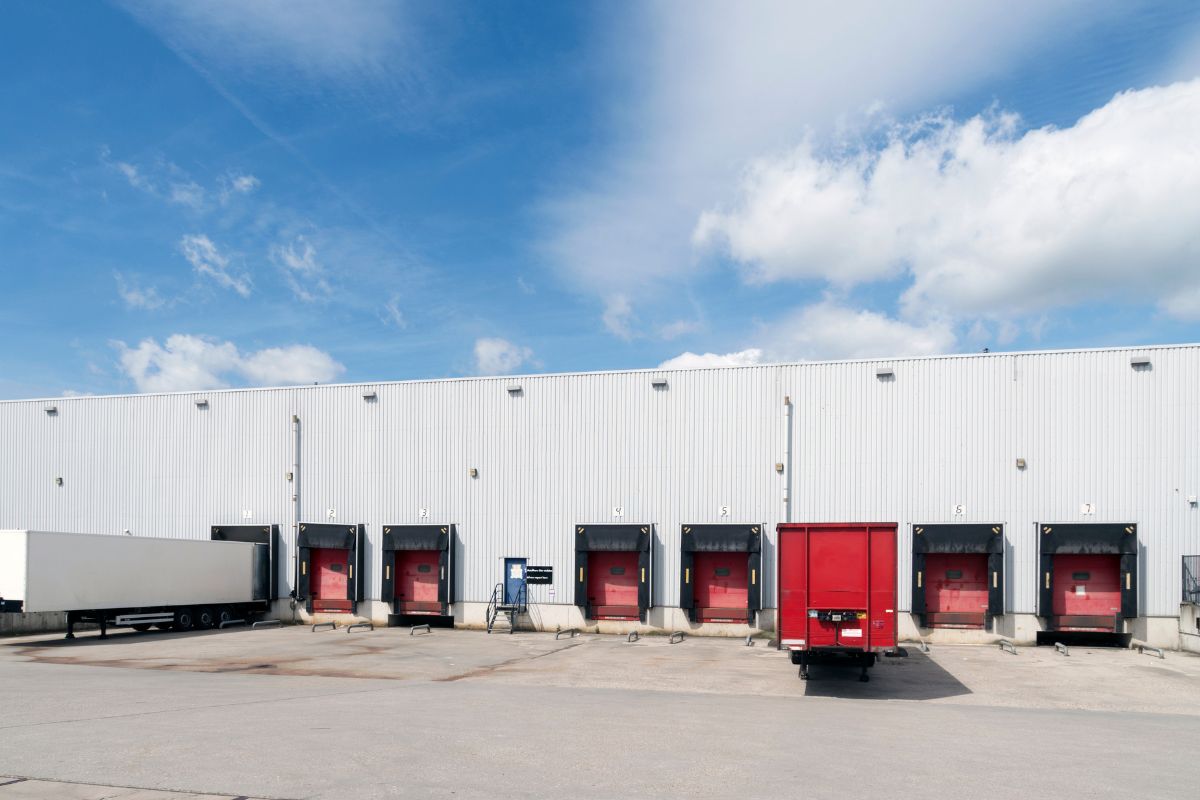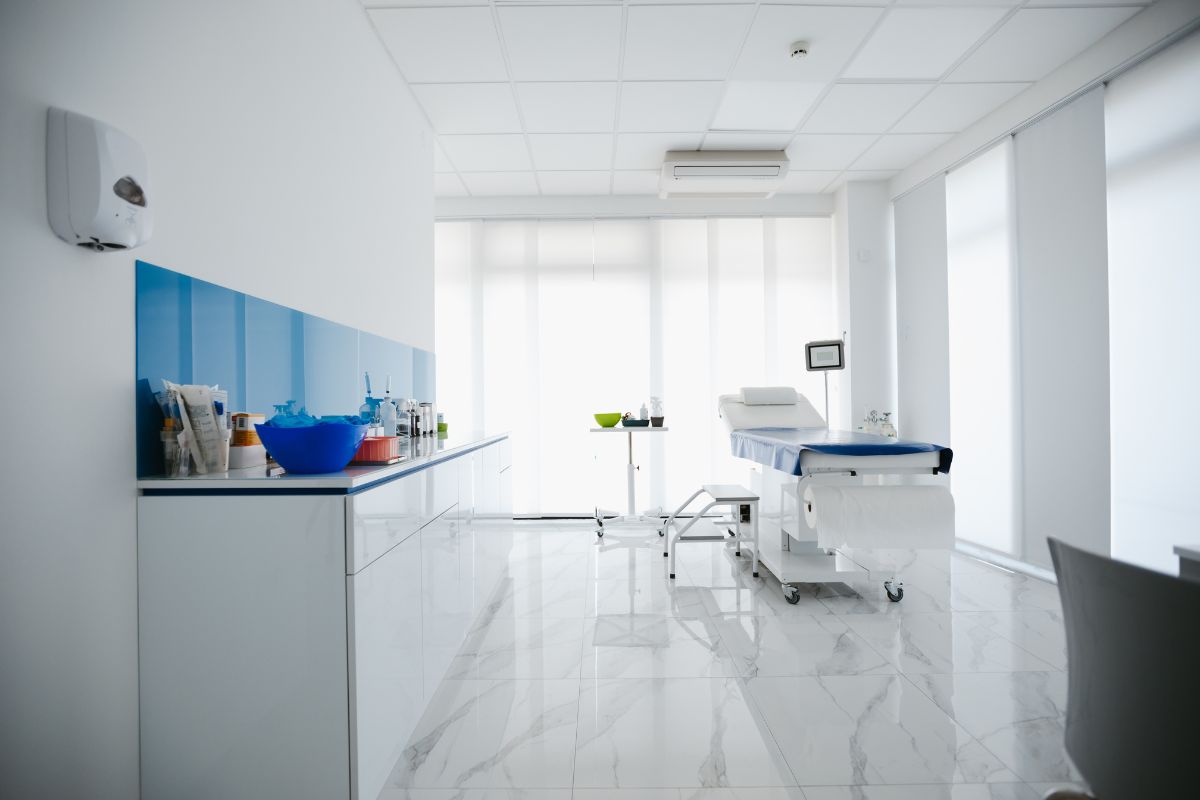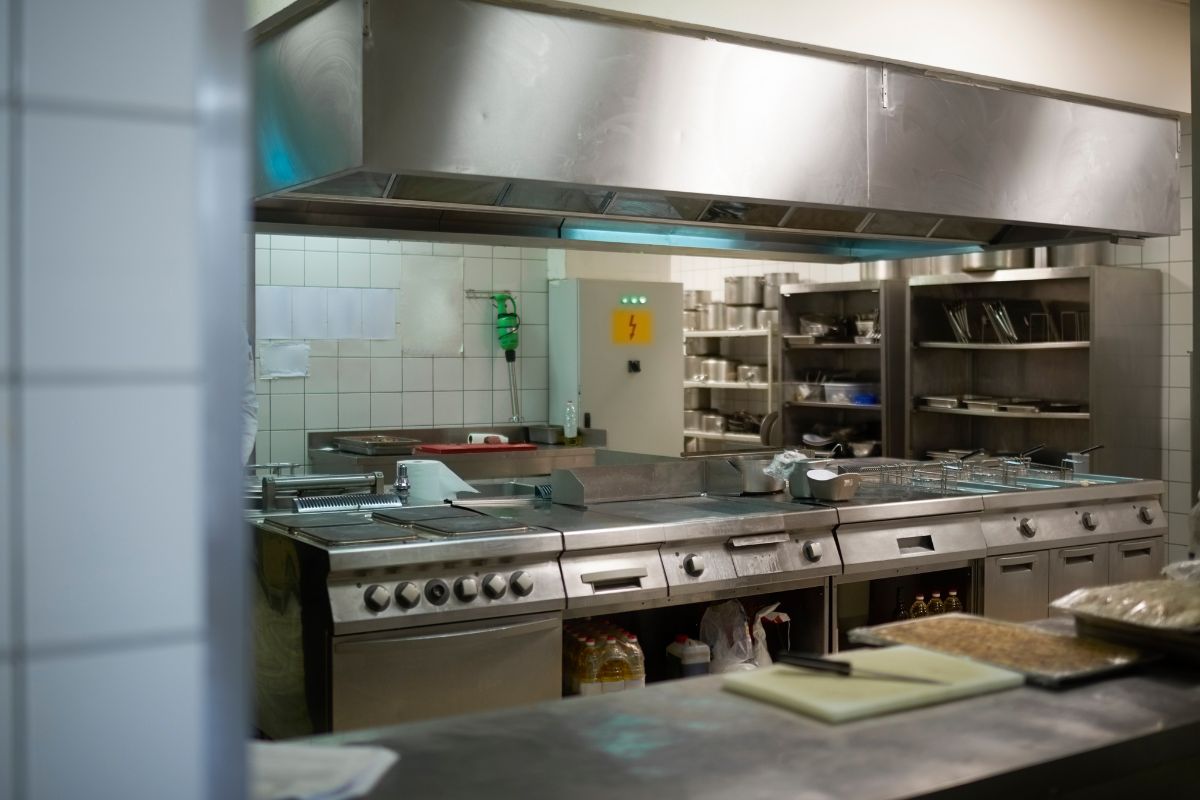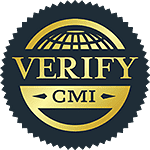Building Inspection
As building inspectors, we understand the importance of due diligence when purchasing a commercial building. One of the most critical aspects of this process is conducting a thorough building inspection to ensure that the building is safe and structurally sound. This includes building inspections, indoor air quality surveys, radon tests, asbestos testing, accessibility evaluations, sewer scopes, and infrared inspections.
Here are some compelling reasons why you need to conduct these inspections before making a purchase:
Building Inspection: A building inspection is a comprehensive examination of the building’s structure and safety. It will help you identify any defects, faults, or potential issues that may affect the building’s value or safety. A building inspection can help you avoid costly repairs, identify potential risks, and ensure that the building meets all safety regulations.
Indoor Air Quality Survey: Indoor air quality is critical to the health and well-being of the building occupants. Poor indoor air quality can cause health problems, decrease productivity, and lower the value of the building. An indoor air quality survey will help identify potential sources of pollution, such as mold, dust, and chemicals, and provide recommendations to improve the air quality.
Radon Test: Radon is a naturally occurring radioactive gas that can seep into buildings through cracks in the foundation or walls. It is the second leading cause of lung cancer after smoking and is prevalent in many parts of the country. A radon test can help identify if the building has high levels of radon and allow you to take steps to reduce the risk of exposure.
Asbestos Testing: Asbestos is a dangerous material commonly found in older buildings that can cause lung cancer, mesothelioma, and other respiratory illnesses. Asbestos testing is essential to determine if the building contains this hazardous material, and if so, take steps to remove it safely.
Accessibility Evaluation: Accessibility is a critical factor to consider when purchasing a commercial building. The Americans with Disabilities Act (ADA) requires that buildings be accessible to people with disabilities. An accessibility evaluation will identify barriers to accessibility, safety issues, and provide recommendations for modifications to ensure compliance with the ADA.
Sewer Scope: A sewer scope inspection involves using a camera to inspect the sewer lines of the building. It can identify potential issues such as offsets, sags, or bellies, blockages, leaks, or damage to the pipes. A sewer scope inspection can help you avoid costly repairs and ensure that the plumbing system is in good working order.
Infrared Inspection: An infrared inspection uses thermal imaging technology to detect potential issues with the building’s electrical, plumbing, HVAC systems, and energy efficiency items. It can identify issues such as water leaks, electrical faults, and heat loss and provide recommendations to address these issues before they become more severe.
We strongly recommend conducting building inspections, indoor air quality surveys, radon tests, asbestos testing, accessibility evaluations, sewer scopes, and infrared inspections before purchasing a commercial building. These inspections can help you make an informed decision, avoid costly repairs, ensure compliance with ADA regulations, and ensure that the building is safe and structurally sound. Remember, investing in these inspections now can save you a lot of headaches and expenses in the long run.





